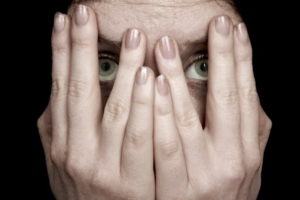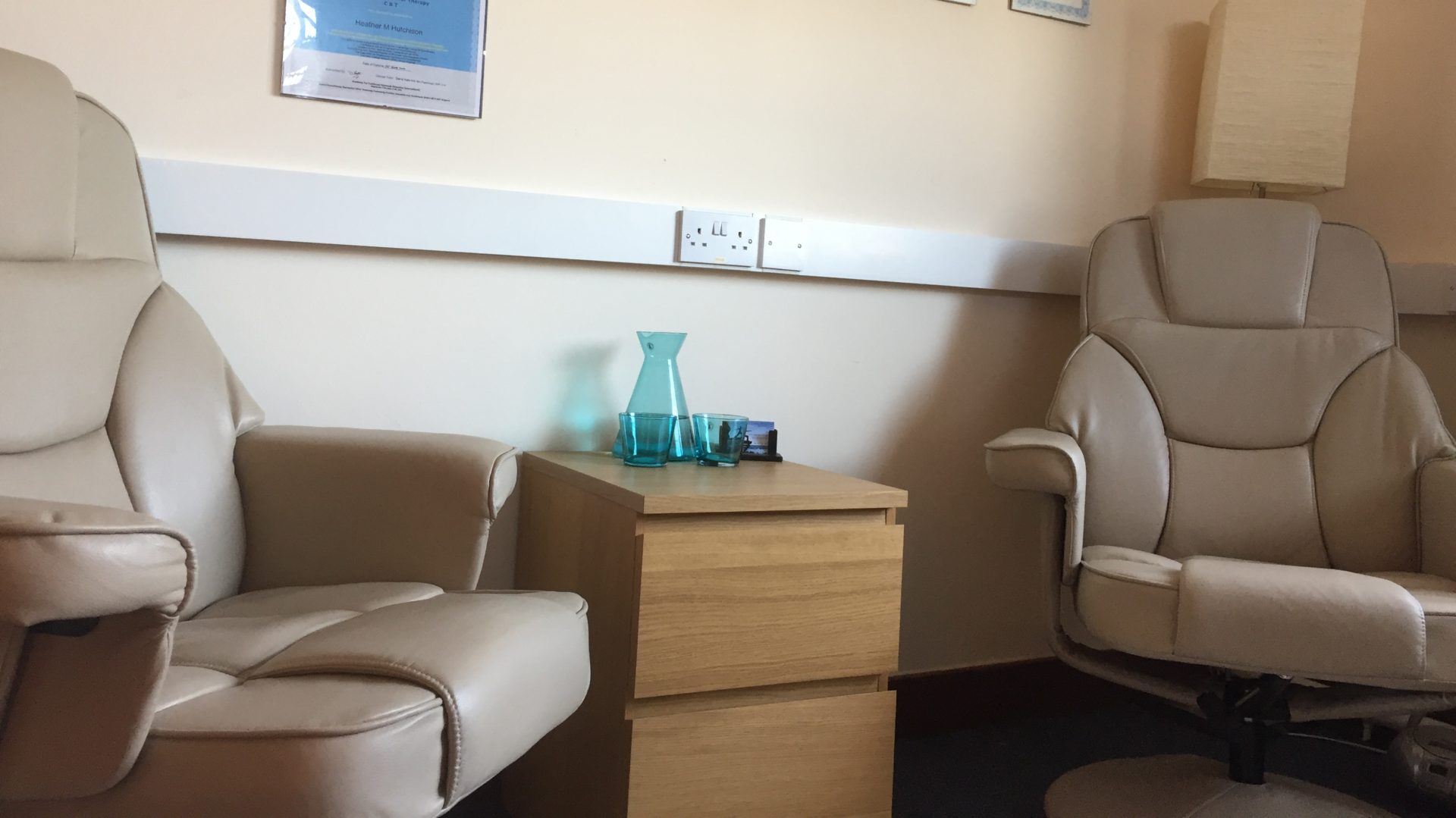Thinking about hypnotherapy to help with Phobias?
 A Phobia is quite often described as a fear however it is far more than simple fear. It develops when a person begins to organise their life around avoiding the thing they are afraid of, whether it’s an animal, object, place or situation.
A Phobia is quite often described as a fear however it is far more than simple fear. It develops when a person begins to organise their life around avoiding the thing they are afraid of, whether it’s an animal, object, place or situation.
A phobia is a type of anxiety disorder. If you have a phobia, you will have an overwhelming need to avoid all contact with the source of your anxiety. Coming into contact with the cause of your phobia or even the thought of this can make you anxious and may cause you to panic and it is this avoidance and high anxiety that defines a phobia from a simple fear.
Types of Phobia
There are many different phobias, which can be divided into two main categories:
- Simple Phobias
- Complex Phobias
Simple Phobias
Simple phobias are fears about specific objects, animals, situations or activities. Some common examples include (although there are many many more):
- Spiders
- Snakes
- Enclosed areas
- Dogs
- Dentists
- Flying
- Birds
- Heights
As everyone is different, the way they react to their phobia is different. Some people only react with mild anxiety when confronted with the source of their fear and others will have a full blown panic attack. It doesn’t matter how a person perceives the strength of their phobia, if it is affecting their lives then it is as every bit a relevant to them as a great fear as to someone who has a full blown panic attack.
Complex Phobias
Complex phobias tend to be more disabling than simple phobias because they are often associated with a deep-rooted fear or anxiety about a particular circumstance or situation. Two common examples of complex phobias are agoraphobia and social phobia.
Agoraphobia is a fear of being in situations where escape might be difficult, or help wouldn’t be available if things go wrong. A person with agoraphobia may be scared of:
- Travelling on public transport
- Visiting a shopping centre
- In the most severe cases, going outside the home
 If you have social phobia (sometimes called social anxiety) then you will feel very anxious when you have to be around people. You might worry that they are going to be critical of you, and that you will do something embarrassing. For some people, social phobia can be connected to one specific activity, such as public speaking, but it can be much more severe. It can become incredibly debilitating and a seemingly impossible challenge to engage in everyday activities, like shopping, eating out or meeting friends.
If you have social phobia (sometimes called social anxiety) then you will feel very anxious when you have to be around people. You might worry that they are going to be critical of you, and that you will do something embarrassing. For some people, social phobia can be connected to one specific activity, such as public speaking, but it can be much more severe. It can become incredibly debilitating and a seemingly impossible challenge to engage in everyday activities, like shopping, eating out or meeting friends.
A typical example of the thoughts of someone suffering from Social Phobia is highlighted below in a quote from Anxiety UK
“Most people call me SHY but I always knew that what I was suffering was much more than this. I can’t even go out of the front door for fear that somebody may see me”. – Anxiety UK
How common are phobias?
Phobias are the most common type of anxiety disorder. In the UK, an estimated 10 million people have phobias. Phobias can affect anyone, regardless of age, sex and social background.
Simple phobias, such as a fear of going to the dentist, usually start during early childhood, often between the ages of four and eight or a fear of flying may start again during a turbulent flight as a child and develop into a fear of flying from there. However, Phobias can be learned responses, picked up in early life – you might develop the same specific phobia as a parent or older sibling. For instance if your mother is terrified of spiders and jumps up on the sofa screaming every time a spider is in the room then as a child you learn that this is an appropriate behaviour and your phobia develops from there. It has also been shown that factors in the family environment, such as parents who are very worried or anxious, can have an effect on the way you cope with anxiety in later life.
There does seem to be some evidence that genetics can play a role – some people appear to be born with a tendency to be more anxious than others.
You might find that it is helpful to try and work out a specific cause for your own phobia, but you might equally feel that there is not a simple explanation; either way, avoiding the object or situation that is making you phobic, will make your fear worse.
Simple phobias often disappear on their own as the child gets older and usually do not cause problems in adulthood.
Complex phobias usually start later in life. Social phobias often begin during puberty and agoraphobia in the late teens to early twenties. Sometimes, complex phobias continue for many years.
There is lots more information on the Anxiety UK Website on types of Phobias and sometimes it can help you to know that you are not alone.
When should I get help?
Phobias are common and you may feel that yours is upsetting, but not severe enough to affect your everyday life. However, if avoidance of the object, activity, or situation that triggers your phobia does interfere with your everyday life, or keeps you from doing things you would otherwise enjoy, it’s time to seek help.
A client of mine had such a severe phobia of crows that it had become so debilitating that she could no longer go to work (her place of work was near a park where the crows liked to roost in the trees) or go anywhere on foot in case there was a crow around. This phobia was starting to generalise into fear of all birds and that is when she came to see me intervened.
How can Hypnotherapy help my Phobia?
 Heather is very experienced in dealing with all types of phobias and is a voluntary therapist for Anxiety UK. Heather uses a combination of Hypnotherapy, CBT, NLP, breathing techniques, relaxation techniques as well as teaching you how to use self-hypnosis to really empower you to overcome your fear.
Heather is very experienced in dealing with all types of phobias and is a voluntary therapist for Anxiety UK. Heather uses a combination of Hypnotherapy, CBT, NLP, breathing techniques, relaxation techniques as well as teaching you how to use self-hypnosis to really empower you to overcome your fear.
Normally only around 3 sessions are required and each session costs £60 per session. The first session takes around 1.5 hours and you will be given a CD to listen to and use at home. Subsequent sessions normally last around 1 hour.
Call 07787 807 609 for an appointment

